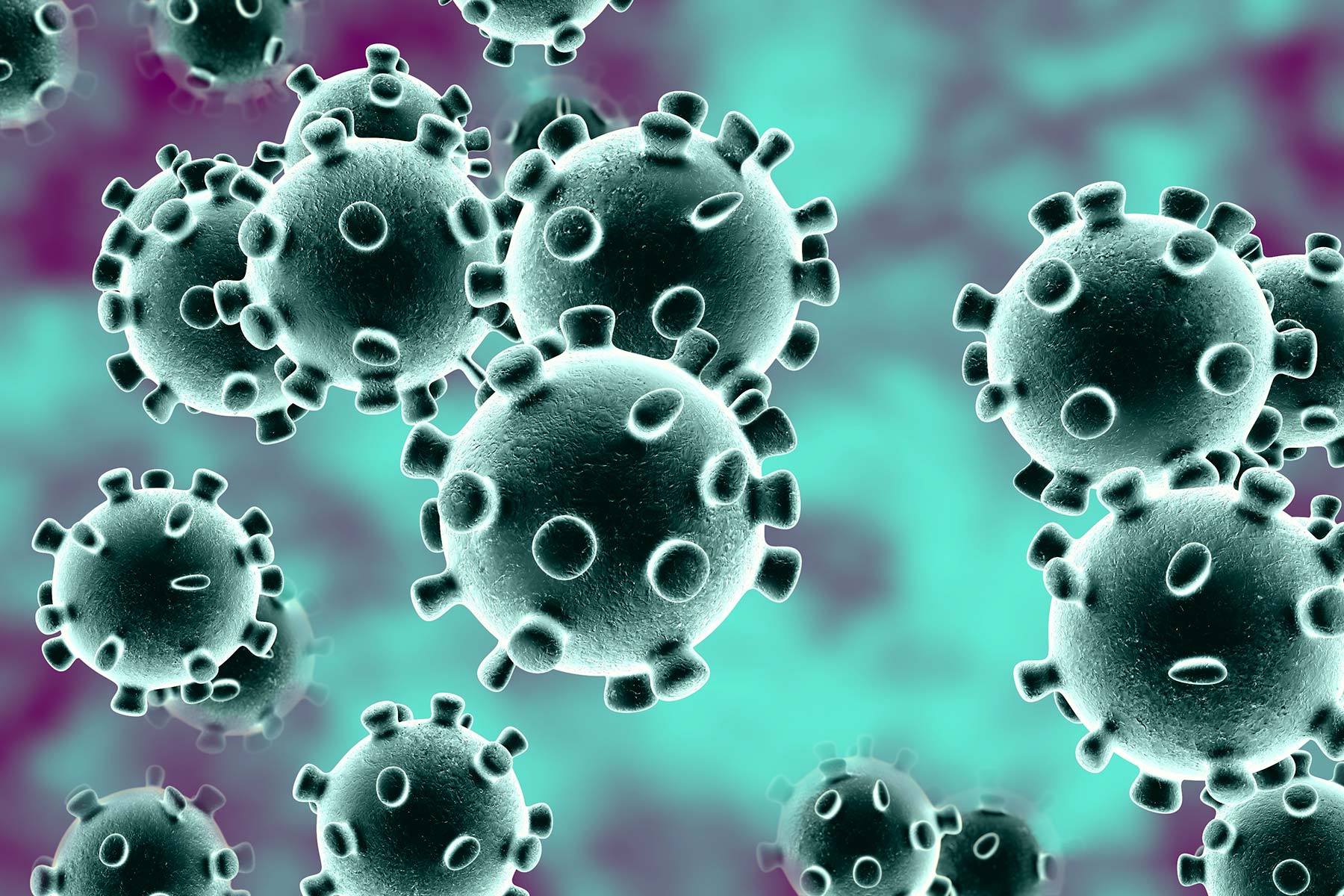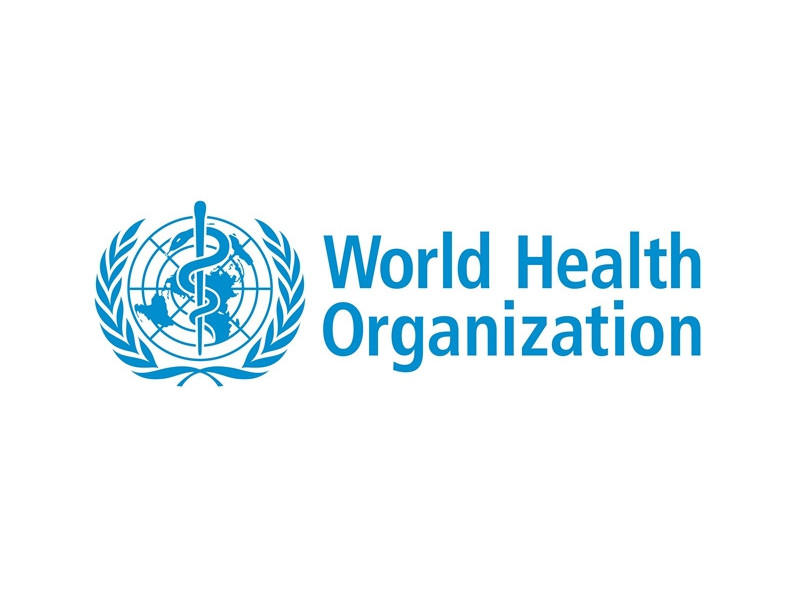New study shows that COVID-19, a strain of coronavirus, can stay in the air and on surfaces for days, a new study by the US National Institutes of Hea
New study shows that COVID-19, a strain of coronavirus, can stay in the air and on surfaces for days, a new study by the US National Institutes of Health (NIH) has shown. The NIH scientists, from the National Institute of Allergy and Infectious Diseases’ Montana facility at Rocky Mountain Laboratories, suggested that people may acquire the virus through the air and after touching contaminated objects.
“The study attempted to mimic virus being deposited from an infected person onto everyday surfaces in a household or hospital setting, such as through coughing or touching objects. The scientists then investigated how long the virus remained infectious on these surfaces. It compared how the environment affects SARS-CoV-2 and SARS-CoV-1, which causes SARS. SARS-CoV-1, like its successor now circulating across the globe, emerged from China and infected more than 8,000 people in 2002 and 2003. SARS-CoV-1 was eradicated by intensive contact tracing and case isolation measures and no cases have been detected since 2004. SARS-CoV-1 is the human coronavirus most closely related to SARS-CoV-2. In the stability study the two viruses behaved similarly, which unfortunately fails to explain why COVID-19 has become a much larger outbreak”.
Emerging evidence from the scientists suggested that people infected with COVID-19 might be spreading the virus without knowing it, or prior to recognising symptoms. And this, NIH said would make disease control measures that were effective against ‘SARS-CoV-1’ less effective against its successor. The researchers also found that most secondary cases of the transmission of COVID-19 appear to be occurring in community settings rather than healthcare settings.
They added however that healthcare settings are also vulnerable to the spread of the virus and the stability of COVID-19 in aerosols and on surfaces likely contributes to the transmission of the virus in healthcare settings. The scientists said their findings affirm the advice from professionals who warn against close contact with people who are sick; avoid touching of eyes, nose, and mouth; cover mouth when coughing or sneezing with a tissue; and clean and disinfect frequently touched objects and surfaces using a regular household cleaning spray or wipe.


